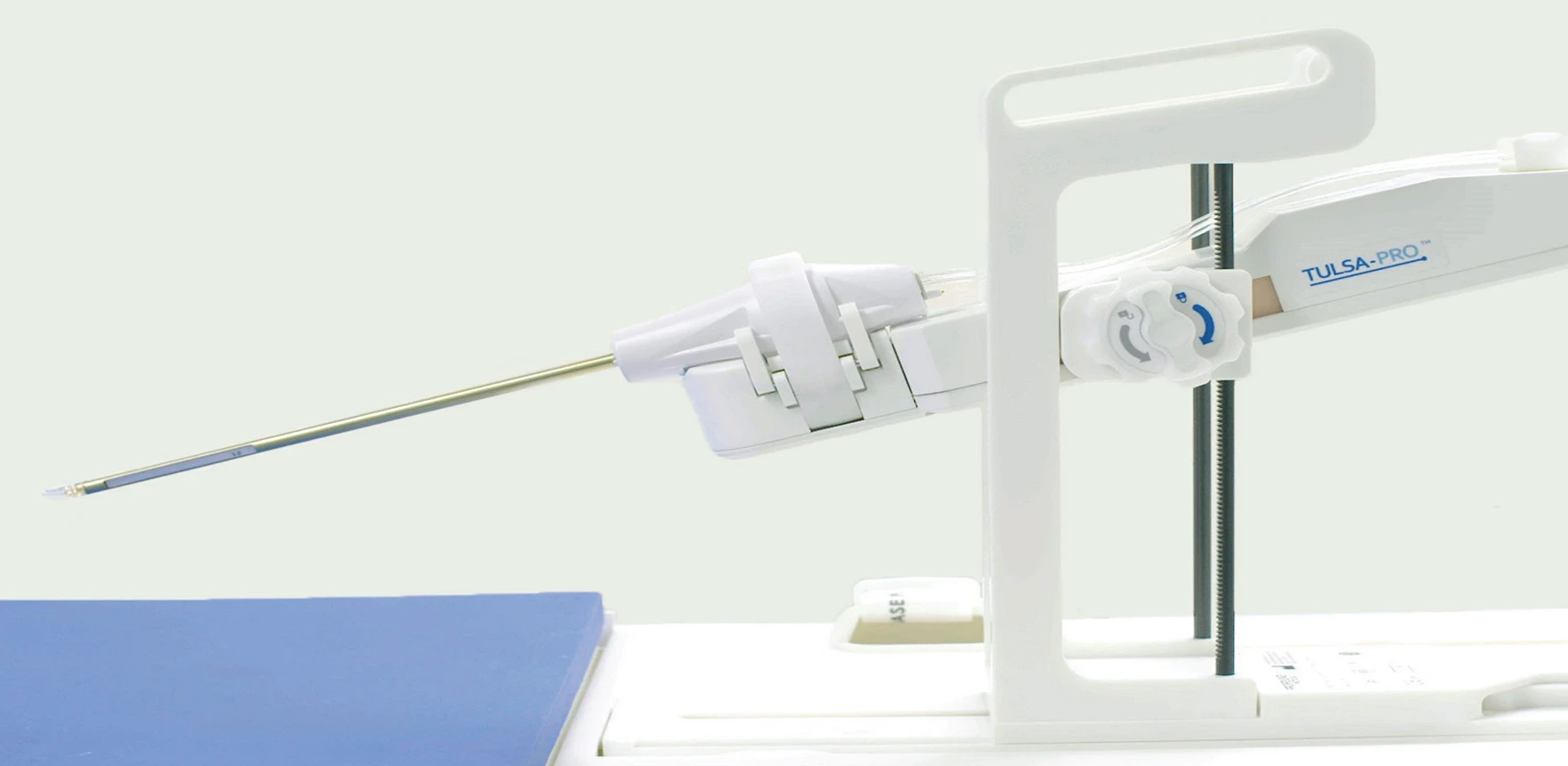Having Davanagere on its scopeology has earned the city the title of the Manchester of Karnataka. The city is primarily known for its textile industry along with souvenirs and has made a name for itself with the benne dosa as well. Davanagere’s prowess in education has made the city renowned for being one of the central Karnataka region.
Davanagere showcases a good number diagnostic centres and hospitals for its residents. They do experience trouble with the infrastructure required for TULSA-PRO and other technology advanced treatments. This, in turn, is the reason most people from Davanagere prefer going to Hyderabad with its truly world-class infrastructure facilities.

Prostate cancer is the second most common type of cancer among men. Cancer of the prostate is located in the prostate gland, which is located just below the bladder, near the male’s small bladder. Their small bladders’ only primary function is to produce some quantity of semen. The primary issue with prostate cancer is that it’s a cancer of the prostate gland, also known as the prostate. If diagnosed in the later stages, prostate cancer is quite likely to metastasize to other organs.
Men’s health has recently become a keener focus within the public domain. With regard to its terminal forms, prostate cancer is especially difficult to cope with as a result of intricate factors such as an unhealthy lifestyle and the disease’s late recognition. Furthermore, statistics indicate that prostate cancer is the second most common of the male cancers. For every eight men, at least one of them at some point in their life, is a victim of prostate cancer, and a man has an 11.5% chance of acquiring prostate cancer in his lifetime. Treatment is often not followed due to the fact that the disease is asymptomatic in its early stages, and the treatment period is usually spaced out over a series of decades.
The most recent changes in risk parameters have shifted the perception in the public domain. This has allowed research in prostate cancer to advance greatly in the recent past. On the other hand, the treatment of prostate cancer, especially locally advanced and metastatic prostate cancer, has also improved tremendously. Hormone therapy helps in augmenting the effect of surgery. Patients also receive external beam radiation within the same treatment session. Recovery also preserves the prostate and bladder, along with bowel functionality. This preservation also includes the hormonal, urinary, and sexual functions of the body. Hence, even the most advanced prostate cancer with metastases has a favourable life expectancy if, in addition, exercise, a balanced diet, and a modern, healthy lifestyle are maintained.
To remove the suffering and dependence which come with caring for cancer and the treatments that follow it, the new approach, which revolves around cancer management, integrates additional strategies to pre-existing wellness strategies. Offering seamless controlled cancer robotics surgery changes the cancer control dynamic profoundly. An instance of this is the TULSA-PRO technique.
It utilizes soundwaves to non-invasively and surgery-free target the bladder and prostate cancerous tissues within the bladder and prostate, and the bladder with minimal incisional surgery.
This technology has been available in the advanced centres of the rest of the world these days. The rest of the world recently received these advanced prostate cancer treatment options.
However, the patients in Davanagere find it more comfortable to undergo TULSA-PRO treatment from KIMS Hospitals, Hyderabad.
If prostate problems are suspected, take the initiative and seek medical treatment without delay. Just like any other type of cancer, prostate cancer is easier to manage if diagnosed and treated early. With TULSA-PRO technology, such a diagnosis can change your life.
Davanagere residents will be glad to know that KIMS Hospitals, Hyderabad, is not far and offers safe, effective, and minimally invasive prostate cancer treatments.
TULSA-PRO, while expensive, is one of the many available options for the treatment of this serious disease. One may attend in-person appointments or even schedule teleconsultations to discuss treatment options.